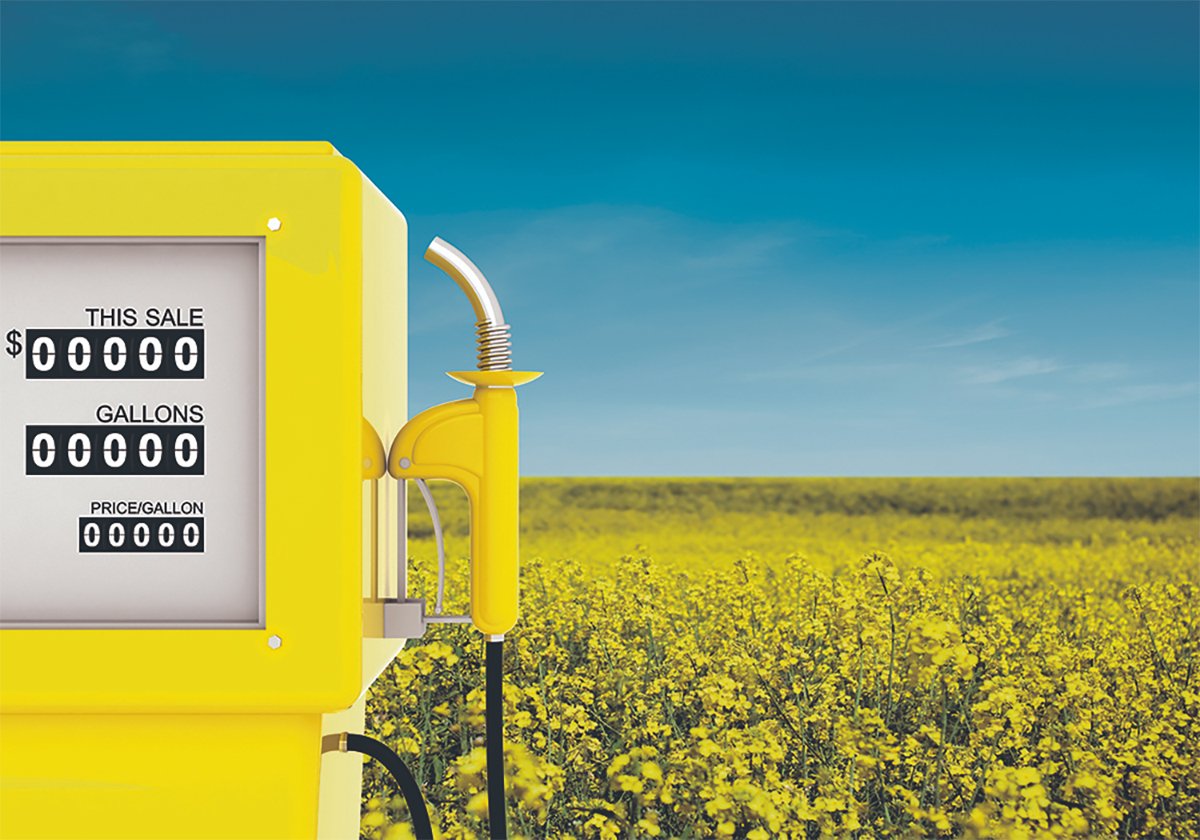Maple Leaf Foods wants to begin the transition to a second shift at its Brandon hog slaughter plant in late 2007, but the company’s president said government help is needed.
In particular, Michael McCain cited the need for government to share the cost of adding more waste water treatment.
“If this waste water treatment facility is built, it will be the catalyst for Maple Leaf to make our largest investment in Manitoba since constructing the Brandon plant,” he said during a Sept. 12 visit to the city.
Read Also

Biofuel sector happy with federal budget
Advanced Biofuels Canada says new Biofuel Production Incentive is a lifeline until CFR amendments are in place.
His hope is that the City of Brandon, the province and the federal government will all help fund the expanded waste water treatment. Money also would be contributed by Maple Leaf and Wyeth Organics, a pharmaceutical company that processes pregnant mare’s urine at Brandon.
McCain hopes the funding commitments can be in place by the end of 2006. The upgraded waste water treatment would serve the city, the hog slaughter plant and Wyeth.
Adding a second shift at Maple Leaf’s hog slaughter plant in Brandon would be done in increments over several years, he said.
“We plan to invest about $50 million in upgrades at our Brandon plant in addition to our share of the funding of the waste water treatment facility. We would begin the transition, and it is a transition, to second shift in late 2007.”
The existing slaughter plant was built in the late 1990s at a cost of more than $120 million. It now processes 48,000 to 50,000 hogs per week. At full capacity with a second shift, the plant could handle up to 90,000 head per week.
McCain said the number of hogs born in Manitoba is ample to support a second shift at the Brandon plant. However, more hogs would need to be finished in the province.
Last year, the province exported more than 3.5 million weanlings to the United States.
“Those pigs are born here today,” McCain said. “They exist here right now, so there’s no need for dramatic growth in the hog supply here in Manitoba to supply our aspirations or our competitors.”
Karl Kynoch, chair of the Manitoba Pork Council, described Maple Leaf’s plans for expansion as positive. However, he encouraged the company to work more with producers at the grassroots level to help keep the Canadian industry competitive.
“The more we can learn how to work together, the stronger our force will be in the world market.”














